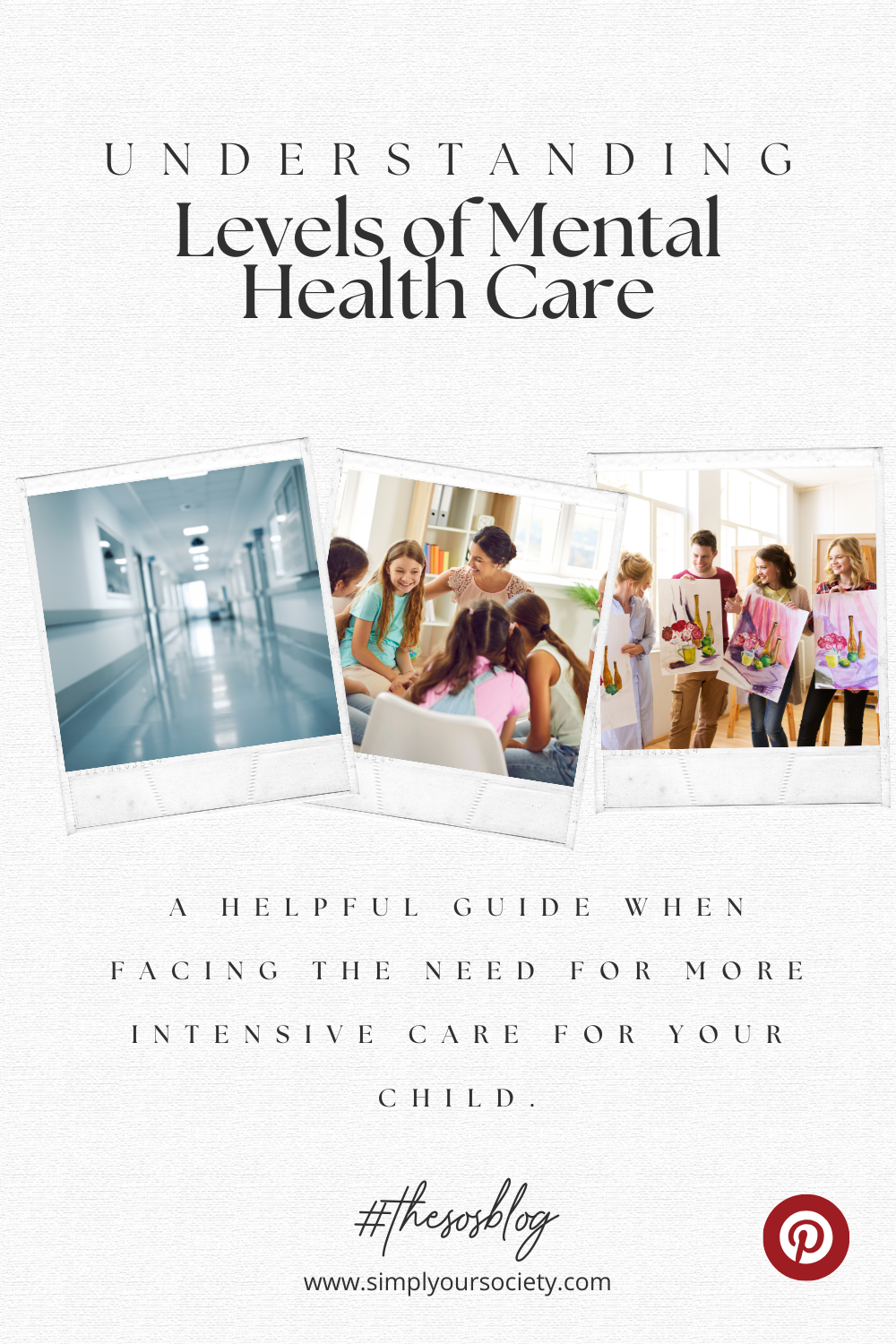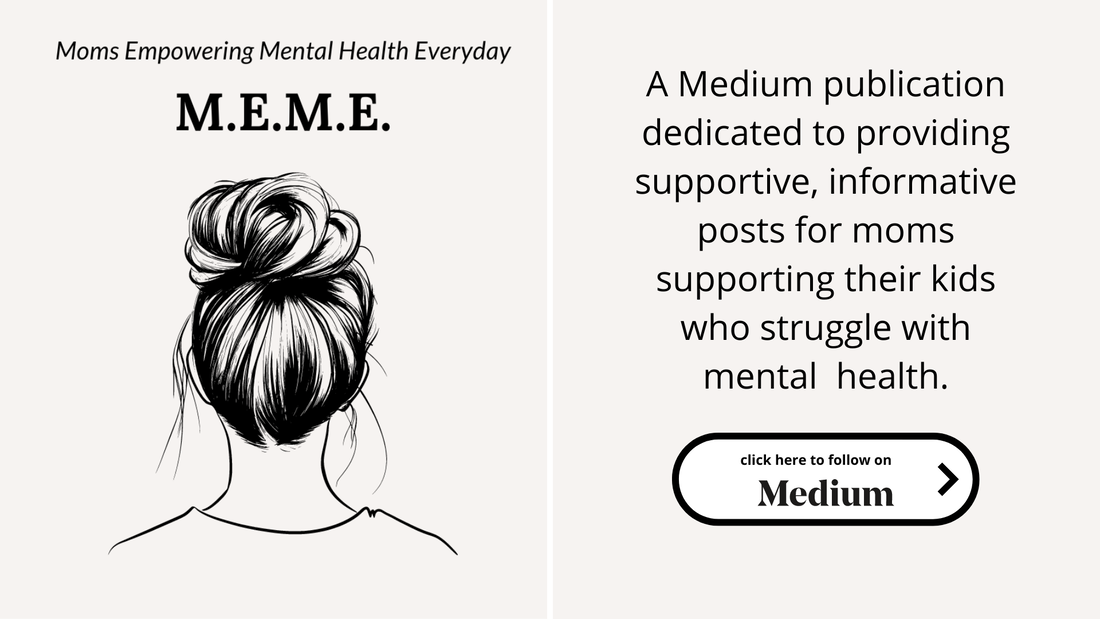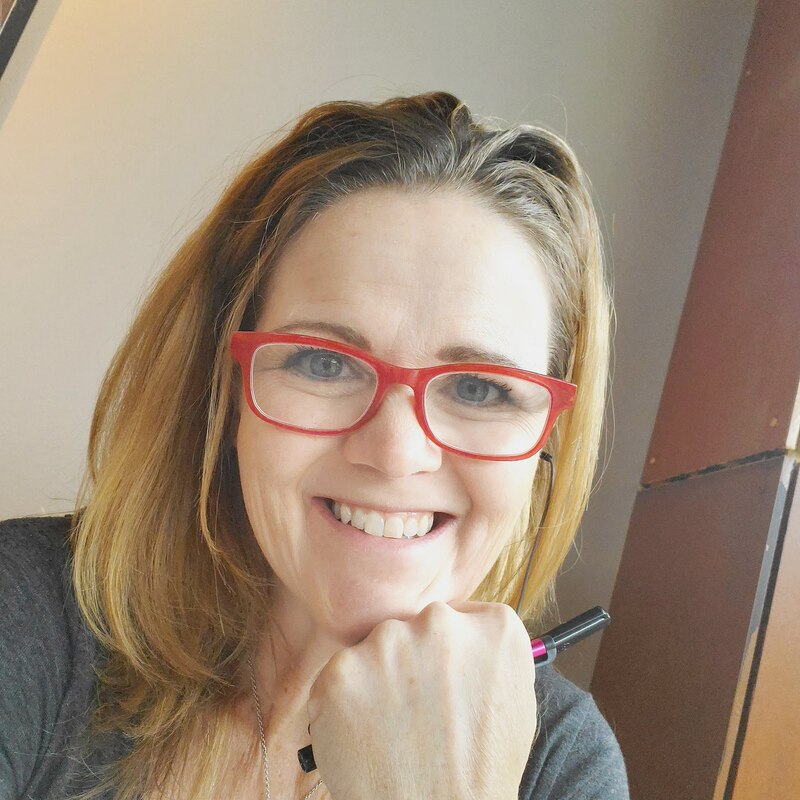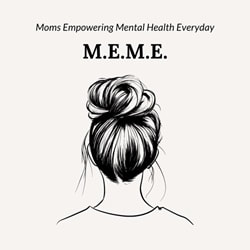“Your daughter needs immediate inpatient care.” “Your daughter needs more intensive care right away.” For me, it felt (feels) like an immediate defeat. What do you mean — I’m not enough to help her? The reality is that sometimes, we are not enough. It’s a hard shift to go from focusing on your competency as a mother to understanding your children’s current mental health may or may not have anything to do with your mothering. Mental health is complex. Always. It is a maze of neurons and misfires and deep-rooted emotion, a deep well of thoughts, coping mechanisms, worries, fears, and loud internal lurings often initiated by external experiences we, as mothers, may or may not have had a hand in or may not even know about. When your child is suffering, hope and healing can only come when you shift from focusing on yourself to, once again, focusing on your child. It is one of the hardest things I have had to learn how to do as a mother. Compartmentalize what is and isn’t about me. Understand that some of my daughters’ deep-rooted issues exist due to my mistakes, and some do not. Regardless, in a moment of crisis, none of that matters — what matters is understanding and securing the appropriate care. Then, we can grow and heal–again — from there. This is a quick guide to understanding levels of mental health care. It is not meant to be a comprehensive list, just a starting point to help familiarize you with various levels of care as you navigate mental health treatment. This brief overview starts with the most intensive mental health levels of care and ends with the least intensive care. Levels of CareHospitalizationThe most intensive, highest level of care for mental health conditions is inpatient treatment or hospitalization. Typically, when hospitalization is needed, your child is in crisis, requiring constant monitoring. Common reasons for hospitalization are the risk of self-harm or being actively suicidal. Other reasons your child may be referred for hospitalization may include (but are not limited to) mania, paranoia, any type of psychosis, extreme anxiety, depression, or active feelings or urges of wanting to hurt themselves or others. Hospitalization involves staying in a psychiatric hospital or the psychiatric wing of your community hospital. Patients receive care 24 hours a day, 7 days a week, and will benefit from a treatment team approach that includes psychiatric nurses, counselors or therapists, social workers, psychiatrists, and other services. The length of stay will vary depending on the situation. In addition to the severity of your child’s mental health, the risks, and overwhelming worry, one of the hardest things about the need for hospitalization is limited contact with your child during their stay. Short-Term Residential CareResidential care provides 24/7 support in a non-hospital setting. Treatment includes various therapeutic interventions in a structured environment tailored to each patient’s individual needs. Residential care is an option for those needing more intensive care following a hospital stay or instead of a hospital stay. Patients stay on-site and receive care from a treatment team. Part of the treatment team may be off-site but travel back and forth to the residential facility. However, at a residential treatment program, there are 24/7 mental health professionals on-site at all times. Each residential treatment program is different. It is crucial to find out what services are offered, what the contact/visiting restrictions are if 24/7 awake staff are on-site (as in, not sleeping at the facility overnight but awake the entire day/night working in shifts), and any other questions you may have before admitting your child. For children, the best case scenario is to avoid residential, out-of-home care whenever possible by using wrap-around care like PHP or IOP programs. Please read this important information from Mental Health America to learn more about residential treatment for children. Partial Hospitalization Program (PHP)Partial hospitalization is a step down from hospitalization. A PHP is a structured outpatient program providing intensive care without the need for an overnight stay. PHP outpatient care offers therapeutic services using a treatment team approach, including psychiatrists, nursing staff, therapists, case managers, and other staff and services. A PHP outpatient treatment can be an alternative or step down from hospitalization while still providing critical services like medication changes and management. Programs vary but often include individual therapy and group therapy. When recommended for PHP, your child will receive a clinical assessment to establish the need for the program and must be medically stable and motivated to actively participate in the program. Children who are actively suicidal or engaging in self-harm need a higher level of care. The length of treatment varies. It is typically two to four weeks for up to 6 hours a day. Each PHP program is different. When your provider recommends PHP care, it is important to research, interview, and find the right program as soon as possible because your child's mental health condition can escalate quickly. Intensive Outpatient Program (IOP)Intensive outpatient programs are similar to PHP programs but typically do not include psychiatric or nursing services for medication management. Sometimes, they are referred to as day treatment programs. They are a higher level of care than weekly therapy but a step down from partial hospitalization. IOP is often used following PHP as patients transition back into regular life after treatment. IOP is also an option for those at risk of needing hospitalization, and providers think this slightly more intensive level of care can help them stabilize. IOPs are structured programs that take place several hours a day, typically for three to five days a week. Treatment schedules vary depending on the program and patient needs. IOPs often include group sessions, individual counseling, and other therapeutic services. Individual Counseling / TherapyCounseling and/or therapy services involve working with a mental health professional on a regular basis to address mental or emotional issues. This level of care takes on many forms as each therapist and counselor uses different approaches in their practice. For example, some therapists use cognitive behavioral therapies, others may prefer talk therapy, and others may employ modalities like play therapy. When seeking counseling services, it is essential to remember that you and your child are interviewing the therapist to see if they are a good fit. Ask questions, read bios and reviews, and find out what therapies are used and what conditions are treated. Most importantly, make sure your child feels comfortable with the therapist so that they can build a collaborative, trusting relationship. It is also critical, as a mom, to approach counseling for your child not as a “fix” but as a long-term process to help them navigate their emotions, life, past traumas, anxiety, depression, or whatever they are dealing with. Mental health is never a quick fix, it is always an ongoing process. Your commitment and involvement in their ongoing care can make a significant impact for your child. Mom — counseling is also crucial for you. If your child needs to see a therapist, it is highly likely can benefit from your own therapy, too. Not because anything is wrong with you or your child, but to help you navigate life yourself. The healthier you are mentally and emotionally, the more well-equipped you will be to help your child. Medication ManagementThis is not necessarily the lowest level of care. I listed it last because, typically, you will need one of the other levels of care before needing medication management. Ongoing medication management involves seeing a psychiatrist or psychiatric nurse who is trained and capable of understanding your child’s mental health condition, in addition to being medically licensed and competent to prescribe medications. Medication management is an important part of taking psychiatric medications. Many psychiatric medications cause unwanted side effects. Depending on the conditions requiring the need for medication, a combination of medications may be needed for managing mental health symptoms and improving functionality in life. Working closely with an attentive, competent provider is vital for proper medication management. From Mom to Mom, You Can Do ThisUnderstanding the options available while facing a crisis or intense situation with your child is hard. The journey is filled with unknowns and challenges that test our strength, patience, and resolve as mothers. It is critical to remember that you are not alone! You are in the company of many other loving, courageous, and resilient moms. No parent can ever be fully prepared for a mental health crisis or any of the heavy challenges that arise as we parent our kids who are struggling in life. Recognizing or accepting the need for more intensive care is not a sign of defeat but a vital step toward hope and healing. I hope this little guide will help you begin to understand levels of mental health care. Remember, there are resources out there for you! It can be helpful to find support groups for yourself, and organizations like NAMI focus on providing peer support for those living with mental health conditions and those supporting someone with a mental health condition. Resources for families:
If you enjoyed this you may also enjoy:
I am a graduate student at Lipscomb University pursuing my Clinical Mental Health Masters degree. I work as a freelance writer, graduate assistant, and primary support person for my daughter, who is navigating complex mental health issues. Check out more of my work on Medium, #thesosblog and #hopehas4paws.
Disclaimer: I am not a licensed therapist or medical or financial professional. The information here is based on my personal experience, is for general use only, and is not a substitute for professional advice.
0 Comments
Leave a Reply. |
Author
I am a graduate student at Lipscomb University pursuing my Clinical Mental Health Masters degree. I work as a freelance writer, graduate assistant, and primary support person for my daughter, who is navigating complex mental health issues. Archives
March 2024
Categories
All
|











 RSS Feed
RSS Feed



